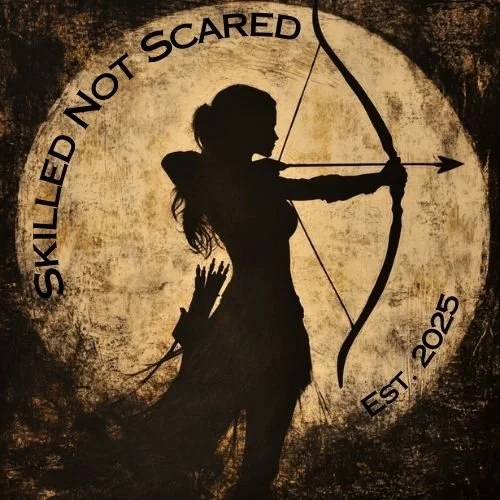How We All Become Experts, Until We’re Asked to Explain
By Lilly
So the other day I was listening to a “Hidden Brain” episode (one of my favorite podcasts), and they spoke about a really interesting topic that I feel is super relevant to us, especially when it comes to survival.
The episode was called “The Illusion of Knowledge.” Check it out if you have a moment. What really caught my attention was actually reiterated later that same day, when I was listening to the audiobook “How to Have Impossible Conversations” by Peter Boghossian. The thing that stood out? A toilet!
Yes, they both talked about a toilet, specifically, whether people actually know how one works.
When asked, people will say, “Yeah, I know how a toilet works.” But if they’re then asked to explain it in detail, they fumble. A toilet! Something we all use every day, multiple times a day. We push the lever, and whoosh, it all goes swirling and it's done. Right?
Well, that’s not really the point. It’s just an illustration of how we can feel so familiar with a topic or idea, and then when it comes to actually explaining it or teaching it, we might realize… we don’t know it as well as we thought.
“They call it the illusion of knowledge... The illusion of knowledge is the idea that we think we understand the world in much greater detail than we actually do. In cognitive science, this is sometimes called the illusion of explanatory depth.”
— Hidden Brain
In “How to Have Impossible Conversations”, they call it the "unread library effect", same idea, same illusion. This can be especially troubling when it comes to survival.
Maybe you think you understand how to start a fire, build a shelter, or evade someone in a crowd. After all, you’ve watched all the survival shows and all the spy movies where they change their look on the fly while running from the bad guy. But when it comes down to it, have you actually practiced building a fire with only what’s around you? Have you actually tried switching up your look quickly?
There’s great power in admitting what you don’t know, or what you don’t have depth in yet. When we admit this, we can actually start learning and practicing.
They say it takes 10,000 hours of practice to become a master. I’m not saying you need to become a master at everything survival-related. Some researchers argue it really only takes about 20 hours of concentrated practice to learn a new skill to a useful level and solid level of proficiency can be reached with just 100 hours of focused effort, especially if you use deliberate practice techniques.
That’s way more manageable in our busy lives.
So pick one skill this month. Give it 20 hours of real, intentional practice. That’s just 40 minutes a day, or stretch it out over two months if you need to. The point is to start.
And now I’m curious... what’s one thing you thought you understood, but realized you didn’t once you tried to explain or do it? What’s one skill you’re ready to actually practice instead of just know about?
Drop it in the comments, I’d love to hear what you're working on!
